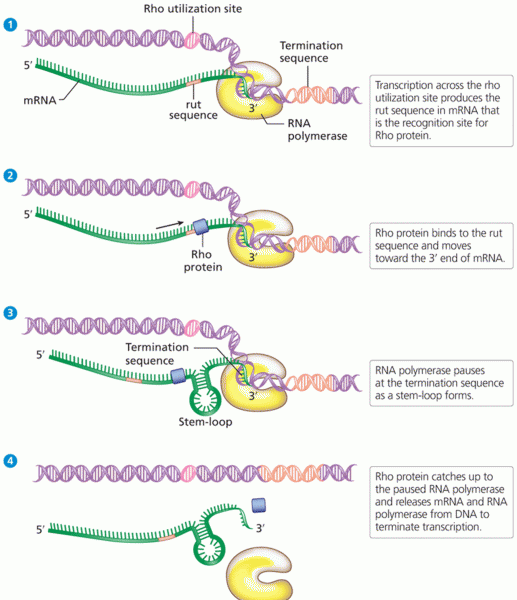|
|
|
When intravenous medications are involved in adverse drug events, their harmful effects may occur more rapidly, and be more severe than errors with oral medications. This is due to the direct administration into the bloodstream.
Bacteria have been found alive in a lake buried one half mile under ice in Antarctica.
Multiple sclerosis is a condition wherein the body's nervous system is weakened by an autoimmune reaction that attacks the myelin sheaths of neurons.
More than 2,500 barbiturates have been synthesized. At the height of their popularity, about 50 were marketed for human use.
Though “Krazy Glue” or “Super Glue” has the ability to seal small wounds, it is not recommended for this purpose since it contains many substances that should not enter the body through the skin, and may be harmful.
 Increasing access to care for teen mothers is important because they have a higher rate of pregnancy ...
Increasing access to care for teen mothers is important because they have a higher rate of pregnancy ...
 Children with attention deficit disorder with hyperactivity (ADHD) diagnoses typically need a quiet, ...
Children with attention deficit disorder with hyperactivity (ADHD) diagnoses typically need a quiet, ...





